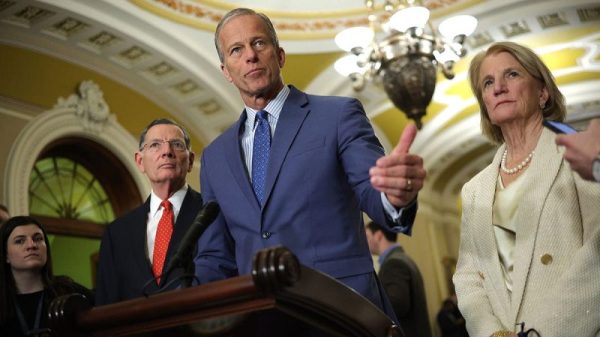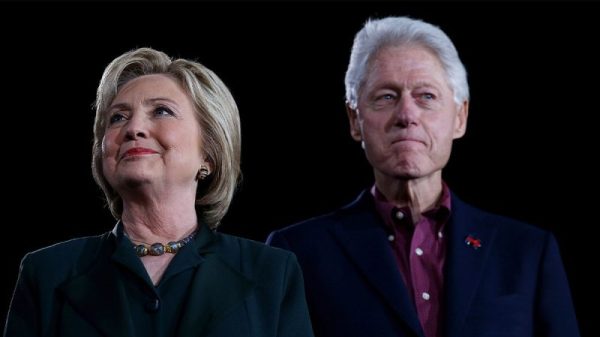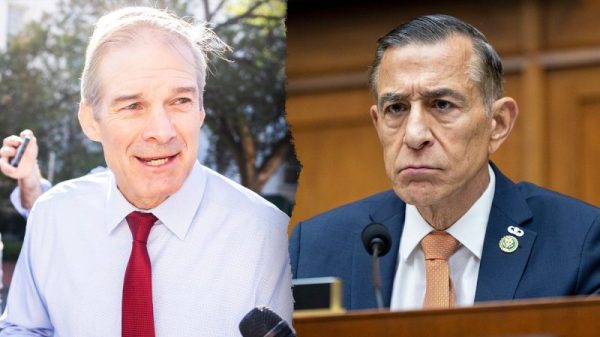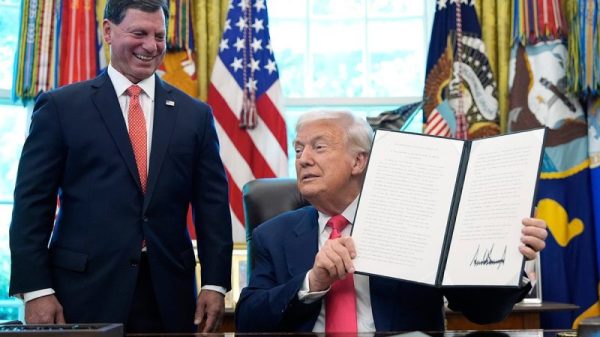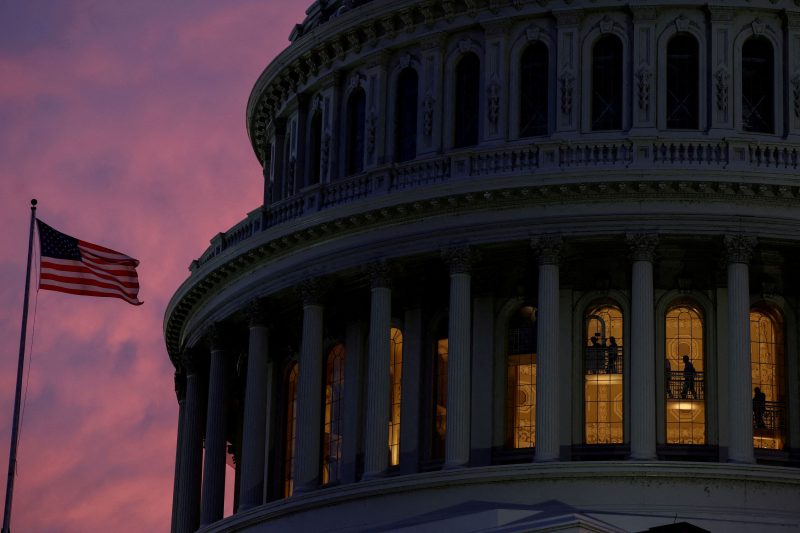The House of Representatives was presented with two significant questions on Wednesday night. First, whether it should censure Rep. Rashida Tlaib (D-Mich.), something that it has done to only a handful of members in the past few decades — though flirted with doing far more often than in the past. Then, whether it should expel Rep. George Santos (R-N.Y.), given his pre-election pattern of dishonesty and post-election federal indictments.
In each case, the House declined to exact the offered punishment. In each case, the targeted legislators were saved thanks, in part, to support from across the aisle. Efforts anchored at the chamber’s extremes were thwarted.
The Tlaib censure was initiated by Rep. Marjorie Taylor Greene (R-Ga.), who used her motion not only to disparage the Michigan legislator but also to suggest that Tlaib’s involvement in a Jewish-led protest on Capitol Hill last month that called for a cease-fire in the Israel-Gaza war was akin to an insurrection attempt — a bit of rhetoric aimed less at casting Tlaib as a traitor than at devaluing the potency of the term “insurrection” in keeping with her long-standing interest in downplaying the Jan. 6, 2021, riot.
This went too far. Greene’s colleague — and frequent ideological ally — Rep. Chip Roy (R-Tex.) opposed the motion in part because of its deployment of the term “insurrection.” Tensions between the two increased dramatically on social media Tuesday morning, with Greene at one point tweeting, “Oh shut up Colonel Sanders.”
Oh shut up Colonel Sanders, you’re not even from Texas, more like the DMV.
Chip Roy’s career exist of working for politicians, working for campaigns for politicians, and being a politician himself.
Unity Party all the way!
Which is why you will never hold anyone accountable. https://t.co/RejH3yDqdM
— Rep. Marjorie Taylor Greene (@RepMTG) November 2, 2023
Ultimately, Roy was one of 23 Republican votes to table the censure motion — that is, to prevent it from moving forward for consideration. With 199 Democrats also voting to table the measure, it was blocked.
If we visualize the House on a grid — with the most liberal members at the bottom and the most conservative at the top, while members from districts most supportive of Joe Biden in 2020 are on the left and those most supportive of Donald Trump are on the right — we can see who backed Tlaib in the vote. The Republicans were scattered throughout the caucus, though those from districts most supportive of Trump three years ago generally voted to move the censure resolution forward.
Shortly after the Tlaib vote came the Santos one. Here, with a higher bar for passage (a two-thirds majority) and higher stakes should passage occur, the opposition was broader. Thirty-one Democrats declined to vote to oust Santos, with another 15 voting “present.” A number of Republicans, meanwhile, voted to throw him out — 24 in total.
There was one Republican who voted both to table the Tlaib censure motion and to boot Santos: Rep. Max L. Miller (R-Ohio).
Notice how the groupings of each vote choice overlap. If we remove the individual legislators, you see that votes for and against expulsion and votes of “present” were all spread roughly throughout the House membership. It’s just three layered groups of votes, with votes against expulsion skewing to the more-conservative, more-Trump end of the spectrum and votes for expulsion skewing to the more-liberal, more-Biden end.
That’s different from what happened with Tlaib. Again, stripping out the individual members, you see that the vote was largely partisan — except for the two-dozen Republicans who supported tabling the measure.
Interestingly, there wasn’t a big ideological divide between Republicans who did and didn’t support tabling the Tlaib censure motion. Those Republicans who voted to expel Santos, though, were newer to the House, less conservative and from districts that were less supportive of Trump in 2020 — a lot of them legislators from Biden-voting districts who won election in 2022.
In other words, the “feckless” Republicans (in Greene’s words) who opposed her effort to censure Tlaib diverged far less from her political position than those who voted to oust Santos. Both votes were, as much as anything has been in the House of late, actually bipartisan.

